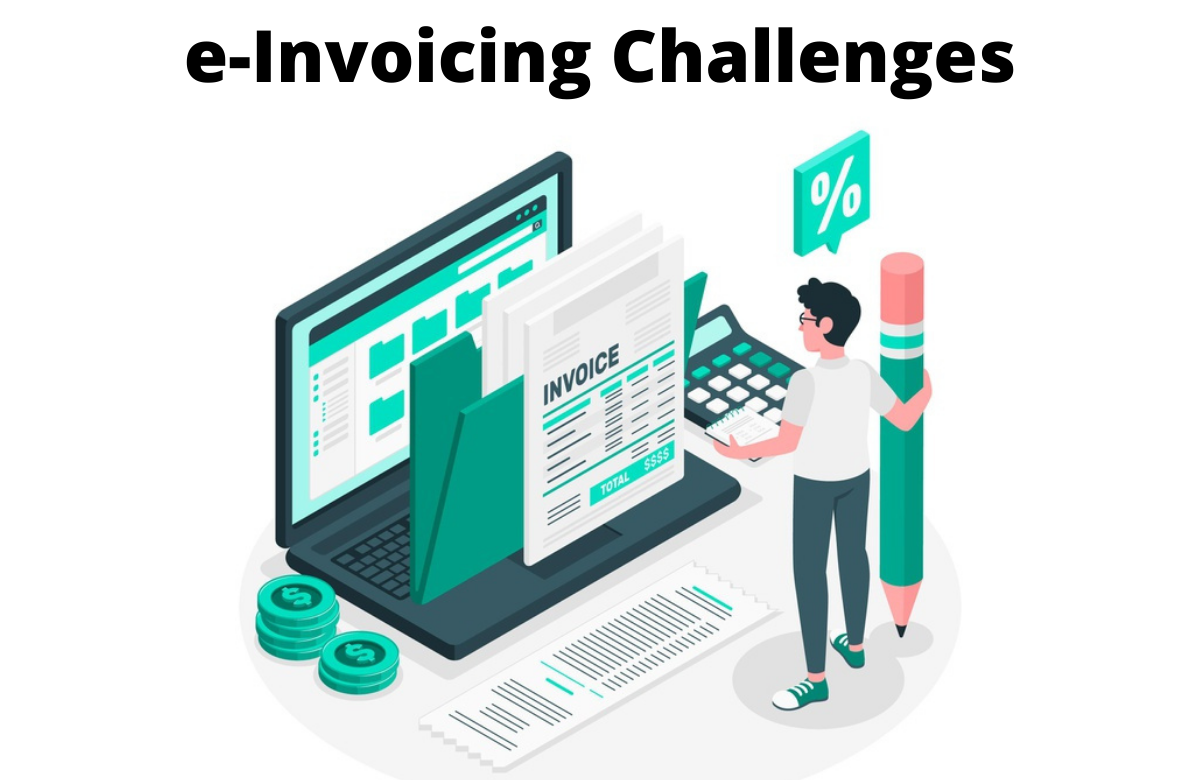The Ultimate Guide To Understanding Interest Rates

Introduction
Interest rates are a critical aspect of the financial world that affects our daily lives more than we might realize. Whether you're looking to borrow money, invest your savings, or understand how the economy functions, understanding interest rates is essential. In this comprehensive guide, we will delve into the various aspects of interest rates to help you gain a clear understanding of their impact and enable you to make informed financial decisions.
What Are Interest Rates?
Interest rates refer to the percentage of the loan or investment amount that must be paid back as interest over a specific period. When you borrow money, interest rates determine the additional cost you will incur for utilizing someone else's funds. On the other hand, when you lend money or invest it, interest rates dictate the return on your investment. In simple terms, interest rates are essentially the cost of borrowing or the reward for lending.
Factors that Influence Interest Rates
Interest rates are influenced by a combination of factors that vary over time. While some factors are constant, others are more fluid and can change due to economic conditions, government policies, and market forces. Some key factors that impact interest rates include:
1. Inflation rates
2. Economic growth and GDP
3. Central bank policies
4. Supply and demand for credit
5. Currency strength
6. Government debt
By understanding these factors, you can gain insights into how interest rates are determined and anticipate possible changes in the future.
Types of Interest Rates
Interest rates come in different forms, and it's important to understand their nuances, as they can have varying impacts on your financial decisions. There are some basic types of interest rates listed below:
Fixed Interest Rates
A fixed interest rate remains constant throughout the loan or investment term, regardless of any external economic factors. This stability can be beneficial when interest rates are expected to rise in the future, providing a sense of security for borrowers and investors.
Variable Interest Rates
Unlike fixed interest rates, variable interest rates fluctuate based on changes in the market, economy, or other specified factors. These rates can increase or decrease over time, which introduces an element of uncertainty. Borrowers and investors need to carefully consider the potential risks and rewards associated with variable interest rates.
Prime Rates
Prime rates are the rates that banks and financial institutions charge their most trustworthy borrowers. They serve as a benchmark for setting interest rates for various loans and investments. Prime rates are typically influenced by the Federal Reserve's policies and can be used as indicators of overall economic conditions.
APR (Annual Percentage Rate)
APR refers to the total annual cost of borrowing, including both the interest rate and any additional fees or charges. It provides borrowers with a holistic view of the overall cost of the loan, enabling them to compare offers from different lenders more accurately.
How Do Interest Rates Impact Borrowing and Lending?
Interest rates play a crucial role in determining the cost of borrowing and the returns on lending or investing. Here's how interest rates affect different types of loans:
Mortgage Loans
When it comes to buying a home, interest rates matter significantly. Higher interest rates can increase your monthly mortgage payments and the total amount of interest paid over the loan term. By understanding how interest rates impact mortgage loans, prospective homeowners can make informed decisions and potentially save thousands of dollars in interest.
Auto Loans
Whether you're financing a new car or considering refinancing your existing auto loan, interest rates are a key factor to consider. Lower interest rates can result in lower monthly payments and save you money in the long run. Understanding interest rates in the context of auto loans empowers you to negotiate better terms and potentially pay off your loan faster.
Credit Cards
Credit card interest rates can sometimes be significantly higher compared to other forms of borrowing. Failing to understand the interest rates, repayment terms, and fees associated with your credit card can lead to accumulating unmanageable debt. By being aware of interest rates and making timely payments, you can avoid costly interest charges and maintain control of your finances.
Personal Loans
Personal loans provide individuals with the flexibility to meet various financial needs. Whether you're consolidating debt, financing a wedding, or tackling unexpected expenses, interest rates can significantly impact the total cost of your personal loan. By comparing interest rates from different lenders, you can secure a loan with favorable terms and save money in the process.
Student Loans
For many individuals pursuing higher education, student loans are a necessary part of the journey. Understanding the interest rates associated with student loans is crucial to managing your finances effectively. By considering interest rates, loan terms, and potential repayment plans, students and their families can make more informed decisions about borrowing for education.
How Do Interest Rates Affect Savings and Investments?
Interest rates not only influence the cost of borrowing but also impact the returns on your savings and investments. Here's how interest rates affect different savings and investment vehicles:
Savings Accounts
When you save money in a bank account, the interest rate determines the return you receive on your savings. Higher interest rates can help your savings grow faster over time, compounding the benefits of saving. Understanding the interest rates on different types of savings accounts can help you choose the most suitable option for your financial goals.
Certificates of Deposit (CDs)
CDs are a popular investment vehicle that offers fixed interest rates for a specified term. By choosing CDs with higher interest rates, individuals can maximize the returns on their investments. Understanding how interest rates impact CDs can be crucial when deciding how to allocate your investment portfolio.
Government and Corporate Bonds
Bonds are debt instruments issued by governments and corporations to raise capital. Interest rates play a vital role in the pricing and performance of bonds. Rising interest rates can negatively impact the value of existing bonds while falling interest rates can lead to an appreciation in bond prices. Understanding the relationship between interest rates and bonds can help you make informed investment decisions in the fixed-income market.
Stock Market
While interest rates directly impact bond markets, they also have an indirect influence on the stock market. Changes in interest rates can affect economic growth, corporate profits, and investor sentiment. By understanding how interest rates and stock markets are interconnected, investors can make more informed decisions about their portfolios.
Understanding the Federal Reserve and Its Role in Setting Interest Rates
The Federal Reserve, commonly referred to as the Fed, plays a crucial role in the United States monetary system and has a significant impact on interest rates. The Fed's monetary policies aim to promote stable economic growth, employment, and price stability. By adjusting the Federal Funds Rate, the interest rate at which banks lend money to one another, the Fed influences overall interest rates in the economy. Understanding the Fed's role can provide valuable insights into how interest rates are managed and the potential implications for borrowers and investors.
Tips for Getting the Best Interest Rates
Securing favorable interest rates can save you a substantial amount of money over time. Here are some tips to help you get the best interest rates:
Improve Your Credit Score
Lenders consider your credit score when determining your interest rates. A higher credit score indicates lower risk, allowing you to access loans and credit at more favorable rates. By managing your finances responsibly, paying bills on time, and maintaining low credit utilization, you can improve your credit score and potentially qualify for better interest rates.
Shop Around
When borrowing or investing, don't settle for the first offer you receive. Different lenders and financial institutions may offer varying interest rates and terms. Take the time to explore multiple options, compare rates, and negotiate to ensure you're getting the best deal possible.
Consider Different Loan Terms
Interest rates offered may be influenced by the duration of your loan. Shorter-term loans often come with lower interest rates but higher monthly payments, while longer-term loans may have higher interest rates but more manageable monthly payments. Consider your financial goals and affordability when choosing between loan terms.
Pay Attention to Bank Policies
Banks may offer preferential interest rates to existing customers or those who meet certain criteria. Check if your bank provides special rates to loyal customers or offers relationship-focused products that can benefit you in terms of interest rates and fees.
End Line
Understanding interest rates is crucial for making informed financial decisions and maximizing your financial well-being. Whether you're borrowing money, investing your savings, or simply trying to understand how the economy works, grasping the intricacies of interest rates empowers you to take control of your finances. By following the tips in this ultimate guide, you can navigate the world of interest rates with confidence and make choices that align with your financial goals. Remember, interest rates may fluctuate, but the knowledge you've gained will remain valuable for years to come. Start applying these insights today and reap the benefits of understanding interest rates.
Also Read...



